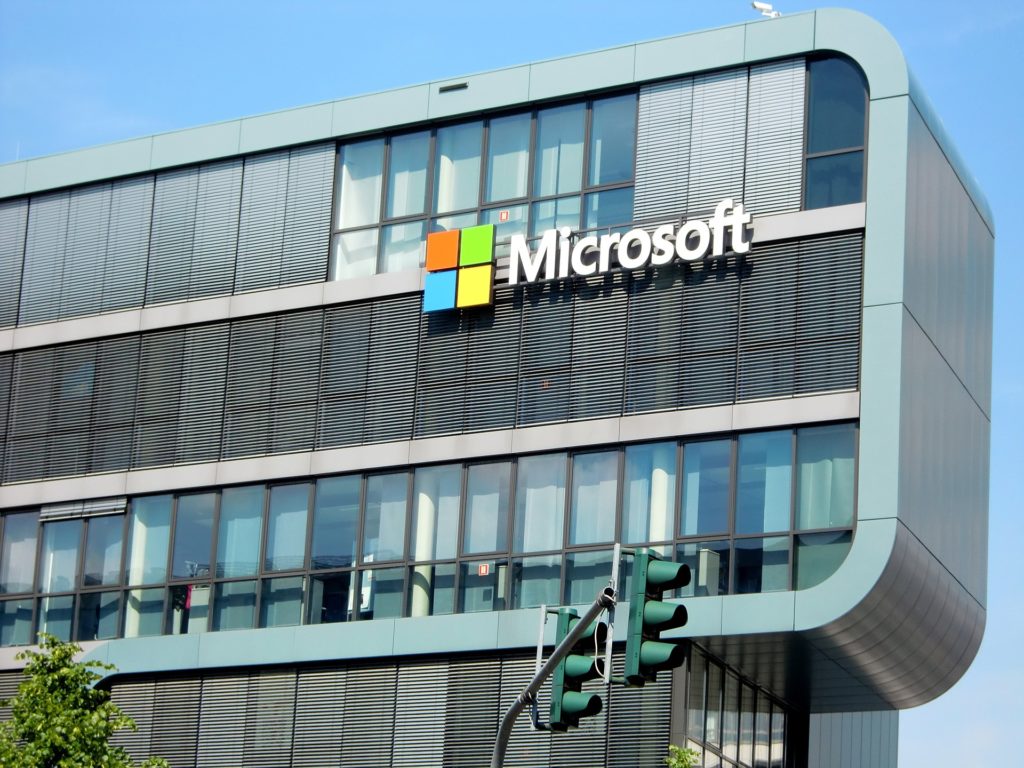
Tech giant Microsoft recently committed a US$1 billion investment into OpenAI, a San Francisco-based research lab founded by Elon Musk and Sam Altman, becoming the company’s exclusive cloud provider as they work to build new Azure artificial intelligence (AI) supercomputing technology.
Under the terms of the deal, which was announced on 22 July, Microsoft will also serve as OpenAI’s preferred partner to commercialise its inventions.
Through the partnership, the two companies hope to further extend Azure’s capabilities in large-scale AI systems, accelerate breakthroughs in AI and power OpenAI’s efforts to develop artificial general intelligence (AGI).
AGI is typically understood to mean he intelligence of a machine that has the capacity to understand or learn any intellectual task that a human being can. In short, it’s the type of AI that we’re used to seeing in science-fiction movies; a computer with a consciousness that can think and feel in the same way as a flesh and blood human.
Microsoft Azure is a cloud computing service intended for building, testing, deploying, and managing applications and services through Microsoft-managed data centres.
The agreement will see Microsoft and OpenAI focus on building a new computational platform within Azure that will “rain and run increasingly advanced AI models”, include hardware that builds on Microsoft’s supercomputing technology.
The companies hope that the results will “create the foundation for advancements in AI to be implemented in a safe, secure and trustworthy way and is a critical reason the companies chose to partner together”.
Advancements in the application of deep neural networks coupled with increasing computational power have led to AI-focused breakthroughs in vision, speech, language processing, translation, robotic control and gaming.
These systems work well for the specific problem they’ve been trained to solve but getting AI to address more complex problems that the world faces today – such as climate change – will require “generalization and deep mastery of multiple AI technologies”, Microsoft said.
OpenAI and Microsoft’s vision is for AGI to work with people to help solve currently intractable multidisciplinary problems.
“The creation of AGI will be the most important technological development in human history, with the potential to shape the trajectory of humanity,” Sam Altman, CEO of OpenAI, said in a statement. “Our mission is to ensure that AGI technology benefits all of humanity, and we’re working with Microsoft to build the supercomputing foundation on which we’ll build AGI.”
OpenAI believes that it is “crucial” that any such AI should be used “safely and securely”, and that the economic benefits should be “widely distributed”, Altman added.
Microsoft’s CEO, Satya Nadella, described AI as “one of the most transformative technologies of our time”, which he believes has “the potential to help solve many of our world’s most pressing challenges”.
“By bringing together OpenAI’s breakthrough technology with new Azure AI supercomputing technologies, our ambition is to democratize AI — while always keeping AI safety front and center — so everyone can benefit,” he said.
Altman started OpenAI in 2015 with Elon Musk, although the latter is no longer involved in the business. It currently operates as a capped-profit entity, from which investors can only expect up to 100x in returns, but it unclear what the terms of the Microsoft investment will be other than making it an exclusive provider of cloud services to OpenAI and working together on new technologies.
HoloLens inventor and Microsoft Technical Fellow Alex Kipman tweeted that he was very excited about this new partnership, which suggests that we might possibly be seeing some mixed reality AI crossovers later on down the line.


Leave a Reply